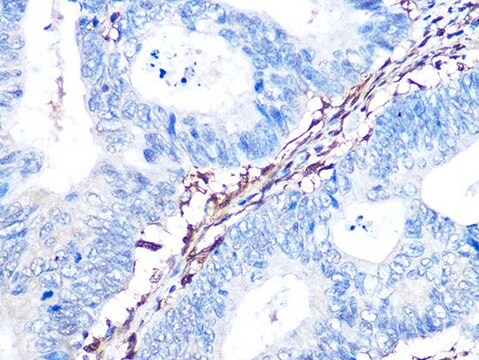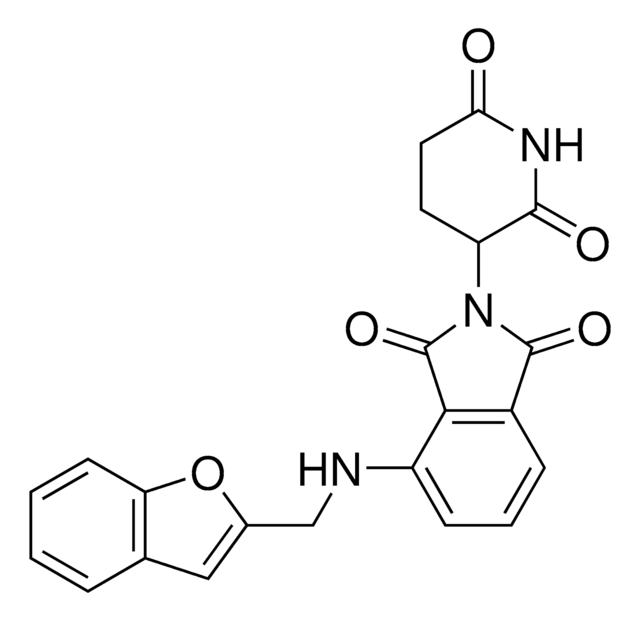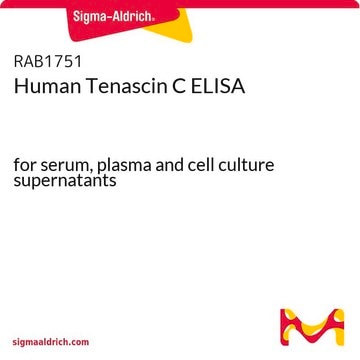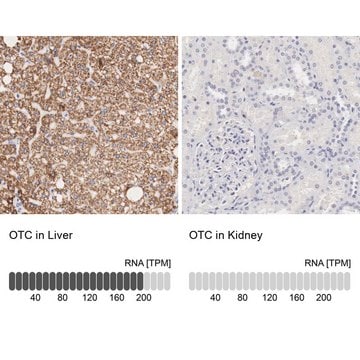HTS100RTA
Ready-to-Assay delta Opioid Receptor Frozen Cells
Human
Iniciar sesiónpara Ver la Fijación de precios por contrato y de la organización
About This Item
UNSPSC Code:
41106514
eCl@ss:
32011203
NACRES:
NA.81
Productos recomendados
product name
Ready-to-Assay delta Opioid Receptor Frozen Cells, Human Delta / OP1 / DOP / DOR GPCR frozen cells for Calcium Flux FLIPR Assays.
biological source
human
Quality Level
manufacturer/tradename
Ready-to-Assay
technique(s)
calcium flux assay: suitable
NCBI accession no.
detection method
fluorometric
shipped in
dry ice
General description
Millipore’s Ready-to-Assay GPCR frozen cells are designed for simple, rapid calcium assays with no requirement for intensive cell culturing. Millipore has optimized the freezing conditions to provide cells with high viability and functionality post-thaw. The user simply thaws the cells and resuspends them in media, dispenses cell suspension into assay plates and, following over night recovery, assays for calcium response.
Opiates derived from the opium poppy, Papaver somniferum, have been used in for millenia for their anti-diarrheal, analgesic and euphoric properties. More recently, endogenous peptides, enkephalins, dynorphins, and endorphins, were found to bind to the same sites as opiate alkaloids. The receptors for the classical opioids are three related GPCRs, δ, κ, andμ also known as OP1, OP2 and OP3, respectively), that activate Gi/o to reduce intracellular cAMP levels. Although most clinically used opioids function by activation of the μ opioid receptor, agonist of spinal δ opioid receptors have antinociceptive activity that is independent of μ. In addition, activation of δ increases locomotor activity, inhibits gastrointestinal motility, and decreases respiratory frequency (Dhawan et al., 1996). Agonists for δ opioid receptors also exhibit antidepressant-like activity in animal models (Broom et al., 2002). Millipore’s cloned human δ opioid -expressing cell line is made in the Chem-1 host, which supports high levels of recombinant δ opioid expression on the cell surface and contains high levels of the promiscuous G protein Gα15 to couple the receptor to the calcium signaling pathway. Thus, the cell line is an ideal tool for screening for agonists, antagonists and modulators at δ.
Opiates derived from the opium poppy, Papaver somniferum, have been used in for millenia for their anti-diarrheal, analgesic and euphoric properties. More recently, endogenous peptides, enkephalins, dynorphins, and endorphins, were found to bind to the same sites as opiate alkaloids. The receptors for the classical opioids are three related GPCRs, δ, κ, andμ also known as OP1, OP2 and OP3, respectively), that activate Gi/o to reduce intracellular cAMP levels. Although most clinically used opioids function by activation of the μ opioid receptor, agonist of spinal δ opioid receptors have antinociceptive activity that is independent of μ. In addition, activation of δ increases locomotor activity, inhibits gastrointestinal motility, and decreases respiratory frequency (Dhawan et al., 1996). Agonists for δ opioid receptors also exhibit antidepressant-like activity in animal models (Broom et al., 2002). Millipore’s cloned human δ opioid -expressing cell line is made in the Chem-1 host, which supports high levels of recombinant δ opioid expression on the cell surface and contains high levels of the promiscuous G protein Gα15 to couple the receptor to the calcium signaling pathway. Thus, the cell line is an ideal tool for screening for agonists, antagonists and modulators at δ.
Cell Line Description
GPCR Cell Lines
Host cells: Chem-1
Biochem/physiol Actions
GPCR Class: A
Protein Target: Delta / OP1 / DOP / DOR
Target Sub-Family: Opioid
Components
Pack contains 2 vials of mycoplasma-free cells, 1 ml per vial.
Fifty (50) mL of Media Component.
Fifty (50) mL of Media Component.
Other Notes
Limited to a single use and shall not be propagated and/or re-frozen by licensee.
Storage Class
10 - Combustible liquids
wgk_germany
WGK 1
flash_point_f
Not applicable
flash_point_c
Not applicable
Certificados de análisis (COA)
Busque Certificados de análisis (COA) introduciendo el número de lote del producto. Los números de lote se encuentran en la etiqueta del producto después de las palabras «Lot» o «Batch»
¿Ya tiene este producto?
Encuentre la documentación para los productos que ha comprado recientemente en la Biblioteca de documentos.
Nuestro equipo de científicos tiene experiencia en todas las áreas de investigación: Ciencias de la vida, Ciencia de los materiales, Síntesis química, Cromatografía, Analítica y muchas otras.
Póngase en contacto con el Servicio técnico








